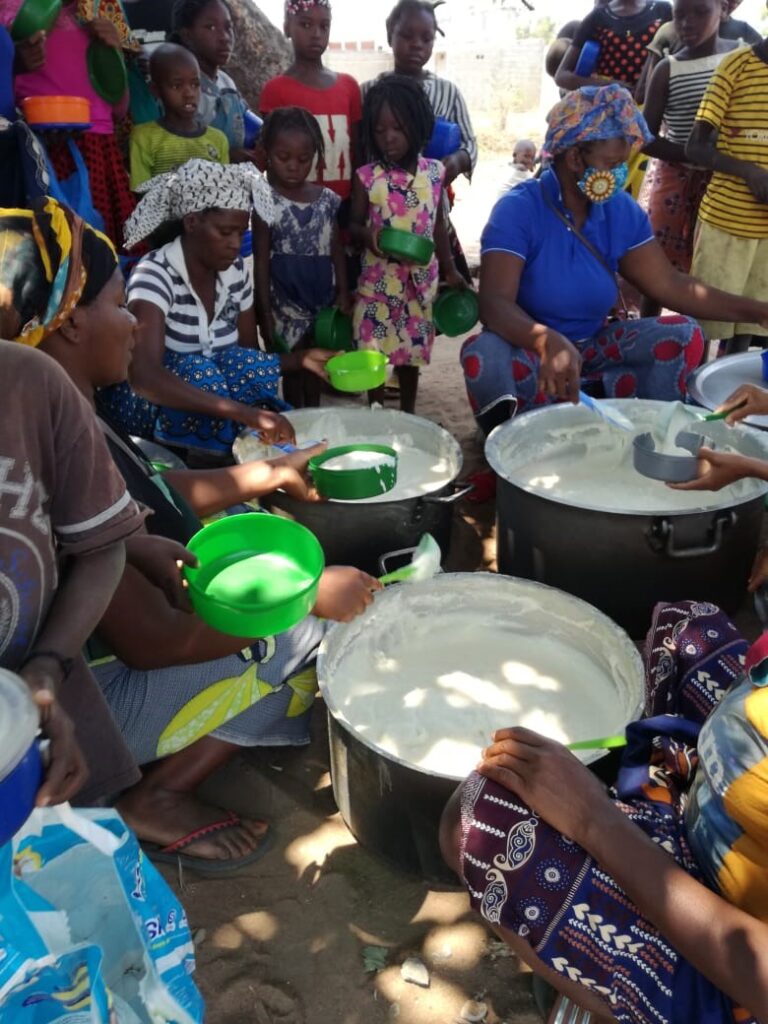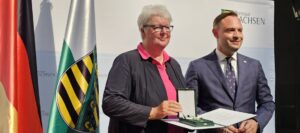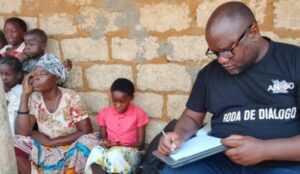By Sr. Eva Ribeito, Project Coordinator, Sector of Angola and Mozambique
As the full results of Mozambique’s 9 October presidential and parliamentary elections were announced last week, incidents of violence and armed attacks have continued to shock this war-torn southern African nation.
Recent escalations in Cabo Delgado, one of the least developed parts of Mozambique, have forced thousands to flee their villages and move to other provinces, where they live in very poor and precarious conditions.
Many of these have arrived to Nampula where we three sisters have remained to continue our mission of saving and transforming the lives of local people and of displaced families who are the victims of this armed conflict.
With the support of seven employed partners-in-mission we have developed various activities, such as our school support program where we have enabled around 800 girls and boys up to the age of 14 years old to return to or continue their education.
A main aspect of our work has been to monitor and improve the nutrition and health of displaced children of war refugees through meals made available at our community kitchen. This has been made possible through €30,000 of funding we received from the child welfare organization of the Catholic Church in Germany, Kindermissionswerk.
An additional phase of our work has been to offer support and awareness raising activities in areas such as early and forced marriage, general life skills, and environmental awareness.
Our hearts have been lifted to witness the fruits of our labor as we see an improvement in children’s behavior and in their school performance, a reduction in early and forced marriages, a reduction in alcohol consumption, and lower levels of malaria and anemia in children and adolescents.
However, it has not all been easy. We have had to support young women who took medication to abort their unborn child due to their poor living conditions and the families of three teenagers who committed suicide.
We have witnessed firsthand teenagers who have been kidnapped, abducted or trafficked into unpaid forced labor or situations of prostitution.
And, alarmingly, we have encountered situations where school age teenagers and young people have been coerced into sexual activity in exchange for money to pay for their education.
As we look to the future, we believe it necessary to create women’s sustainability programs, such as through business start-up training and micro-finance, as a way to guarantee the health and nutrition of them and their families.
We understand that the creation of these initiatives would be an important step towards moving beyond our emergency humanitarian assistance, as mothers who are employed or have a guaranteed income will have their own funds to purchase basic necessities.
To achieve this, we are looking into working in partnership with government organizations that carry out humanitarian activities.
Our hope for the future is that we can continue to promote a humane, faith-based education for children and young people in an environment where their dignity and life in society.







